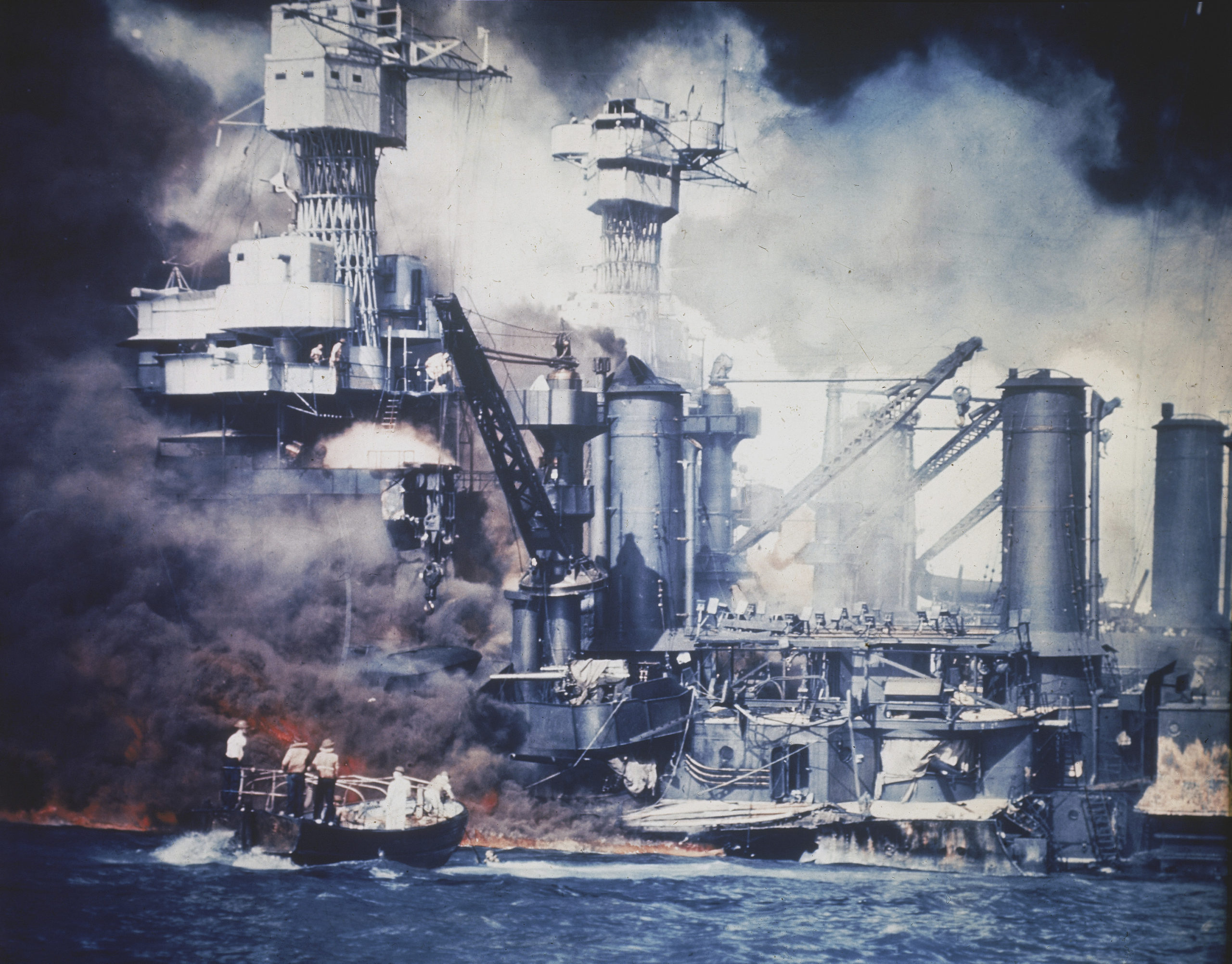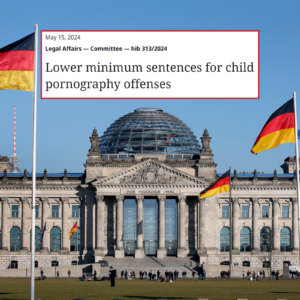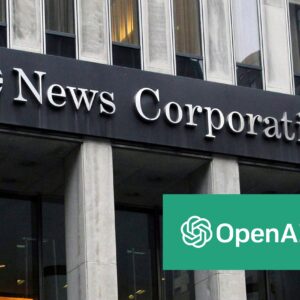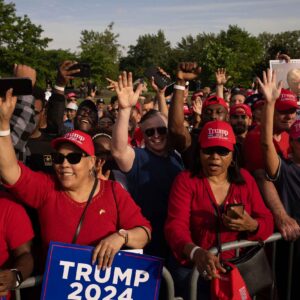As stated in every American school history book, on December 7th, 1941, the Japanese military attacked Pearl Harbor. The Japanese army attacked the United States Naval Base at Pearl Harbor, killing over 2,000 people. Decades later, in 1994, Congress designated December 7th National Pearl Harbor Remembrance Day.
Pearl Harbor was attacked on a Sunday, so the stock market was closed. The day before, the stock market, the DOW, closed at 116.60. While the stock market wasn’t doing great, things would eventually get better. The date December 7th, 1941, is embedded into our brains in American schools, including the images of injured sailors and wrecked airplanes up in flames.
December 8th, 1941, and the economy’s condition are only briefly discussed. I’m focusing on the economic history to understand how the attack changed America.
On December 8th, the day after Pearl Harbor was attacked, President Franklin Roosevelt declared war on Japan. It was on this day we entered World War II. The U.S. economy had already switched to a wartime economy due to Roosevelt’s Lend-Lease Act which was made to supply Great Britain with weapons. The day after Pearl Harbor was attacked, the production of military weapons increased by impressive numbers. Millions of men were called to duty, which left behind millions of jobs sending the nation into a labor shortage. The workers who had previously been denied employment filled the jobs, especially women and minorities. Wartime production eventually helped end the Great Depression by creating more jobs.


















Add comment